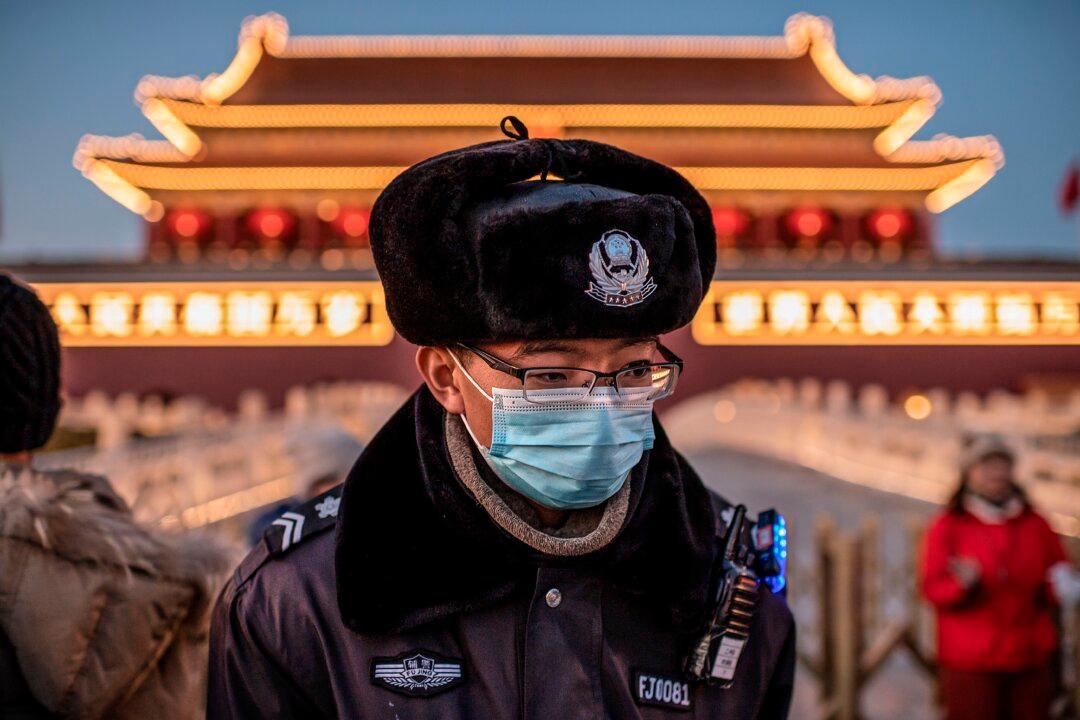After downplaying the severity of China’s epidemic, the Chinese regime has begun focusing its attention on imported cases of the novel coronavirus; in other words, patients who arrive in China after becoming infected with the virus while outside China.
State media emphasized the threat of imported cases, while Beijing launched new legal guidelines on March 16 to punish anyone who imports the virus into China.





